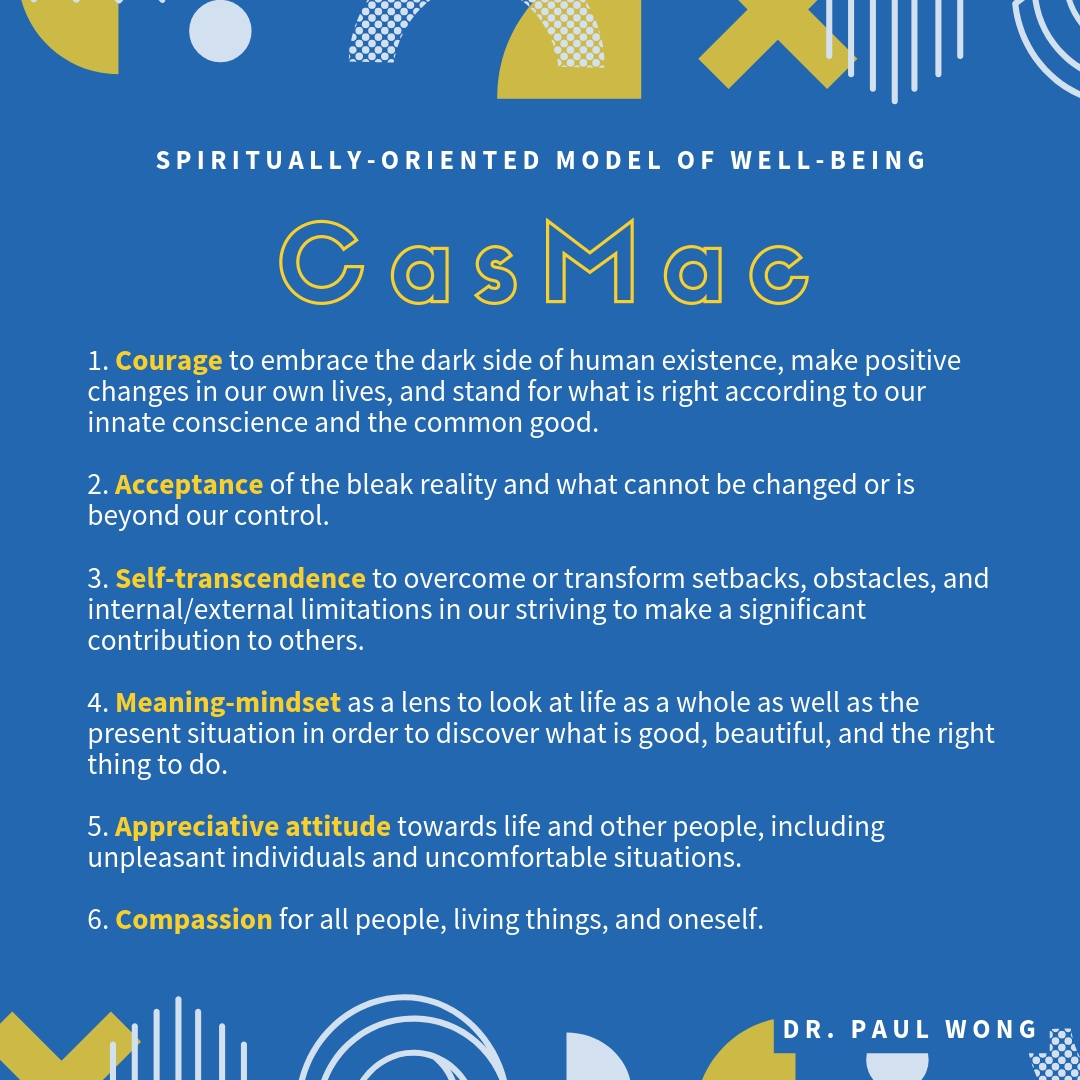“What are the one or two things you want most for your children and for yourself?”
“Happiness and success!”
That’s what all people want. Unfortunately, most people do not know how to achieve these objectives, and some even ruin their lives by using unethical means to get what they want. A greater concern is that the attitude of “I just want to be happy” will not prepare young people for the inevitable stress and sufferings in life; when the storm comes, they will collapse like a house built on the sand.
If I change the question to: “What are the one or two things you need most for your children and for yourself?”
“Good education and good job!”
That’s what all people want. Unfortunately, most people do not have the opportunities or money to receive a good education or get a good job. Furthermore, many people with good education and good jobs end up in jail because of greed, corruption, and other white-collar crimes.
If I again change the question: “What are the one or two things you really need in order to be happy and successful for your children and for yourself?”
No, it is not good education, nor a good job. My answer is “moral education” or “character building”, which will provide a rock-like foundation to build a fulfilling and successful life; it will remain standing, even when storms come or tidal waves crash on it.
How do we build this rock-solid foundation of life?
Peterson and Seligman’s well-known character strengths and value-in-action (VIA) program immediately comes to mind, but their program is a mixture of “head virtue” and “heart virtue”; it is difficult to disentangle universal moral virtues from individual talents and personality traits in their six virtues.
It is also difficult to disentangle what is a universally-valued virtue, and what is limited to individual differences in talents and interests in each character strength. Therefore, training that emphasizes an individual’s use of character strengths does not necessarily succeed in instilling universal moral values. I have consistently observed a wide gap in people’s use of their signature character strengths and the universal moral virtues supposedly reflected by their character strengths.
I am proposing an alternative CasMac model based on existential-spiritual values. The good thing about my model is that it is something that everyone can do, regardless of their circumstances or their individual differences in talents and abilities. Another good thing is that there is a great deal of empirical support for each of the factor’s importance for wellbeing and career success.

CasMac: Spiritually-Oriented Model of Wellbeing
1. Courage to embrace the dark side of human existence, make positive changes in our own lives, and stand for what is right according to our innate conscience and the common good.
2. Acceptance of the bleak reality and what cannot be changed or is beyond our control.
3. Self-transcendence to overcome or transform setbacks, obstacles, and internal/external limitations in our striving to make a significant contribution to others.
4. Meaning-mindset as a lens to look at life as a whole as well as the present situation in order to discover what is good, beautiful, and the right thing to do.
5. Appreciative attitude towards life and other people, including unpleasant individuals and uncomfortable situations.
6. Compassion for all people, living things, and oneself.
Cite
Wong, P. T. P. (2019, May 14). The positive education of character building: CasMac. Dr. Paul T. P. Wong. Retrieved from http://www.drpaulwong.com/the-positive-education-of-character-building-casmac/

 Meaning Conference 2025 will be the INPM’s first in-person conference with a virtual option after the pandemic.
Meaning Conference 2025 will be the INPM’s first in-person conference with a virtual option after the pandemic.